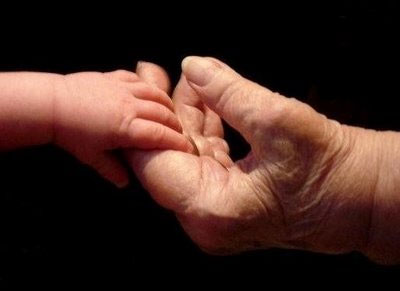
"Don't be like the young Buddhist novice, who, after speaking to a woman, washed himself because he believed he had become filthy. It was not the woman, but his own notions that made him 'impure.' Purity has nothing to do with morality."
Sokei-an Shigetsu Sasaki
We dress ourselves in filth everyday. Most of us. It's a habit we have been trained into, believing that doing so will make us the successful, problem solving, smart ones on the planet. Problem is, it's the very way we step into hell and get burned.
I seem to be drenched in fear lately. At work, I walk around thinking all sorts of things about how no matter what I do, it won't be good enough. Not enough students will pass their standards, and I'll get fired before I can find another job and move on. The idea of getting fired plays into all my failure narratives, and also into the hook of drama itself. The reality is, it's probably slim to none I'd get fired anytime soon, so all the stories around that are just filth I'm wading in.
The monk in the story above is not only displaying the mysogenist strain that runs through our tradition's history, but also a variation of the same spin I'm doing at work. Fears of being found out as a failure, a screw up, and not the profound spiritual guy he desires to be.
It's a boring thing, really, seeing these tapes roll on and on in your head, and experiencing the fear, confusion, and dissatisfaction that arises in the body/mind because there's still some hooking on going on. However, trying to wash away the mud in your mind doesn't really work either, so you have to approach it some other way.
I was sitting with the following koan today, which seems to have some connection to this discussion in my mind.
Chao Chou’s Seven Pound Shirt - Blue Cliff Record Case 45
The Koan:
A monk asked Chao Chou, “The myriad things return to one. Where does the one return to?”
Chou said, “When I was in Ch’ing Chou I made a cloth shirt. It weighed seven pounds.”
Most days, maybe everyday, I get the sense that I'm putting on that seven pound shirt. Do you understand what I mean? And as I was sitting the question came to mind "Do I have to remove it, or can I just let it rot right here where it is?"
The first half of the question is about doing something; the second half is about letting be what is. Both require effort, don't you think?
In a way, when I look at the long narrative of my life, and many of the decisions I have made, it has been a lot like this monk - if different in content. Pushing to the edge in workplaces, but bowing down to authority to avoid the black mark of getting fired. Saving money to the point of having a "cushion" in the bank, even though I've never made above twenty thousand in any given year. Making every last payment on time, to the point of getting into a argument with a creditor solely to avoid a black mark on my credit record. Marching in protests and rallies, but running off or standing off the moment things get tense, and arrests are possible. Seeking to find points of agreement too soon in arguments with others. Failing to look people in the eyes when I am angry, scared, or profoundly sad. In other words, more often than not, I have opted to be "on the safe side," even when doing so has sucked some life out of me. And really, this is the kind of error being displayed by the monk in Sokei-an's story above. Like him, I've wanted to be viewed as pure - but we both have mistaken the very nature of purity, thinking it resided in some moral or behavioral code.




